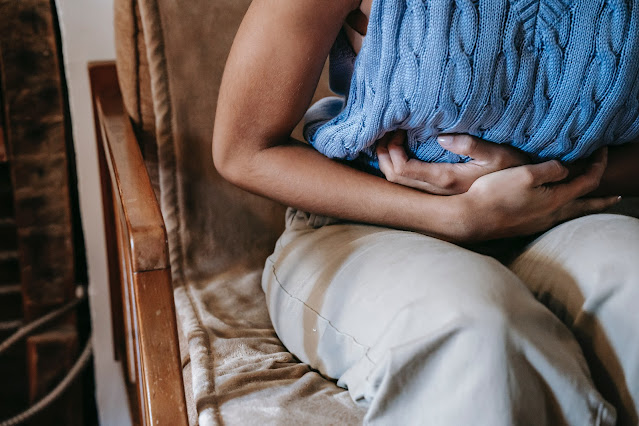Not too long ago, discussing menstruation, or menstrual period (as some women call it), was considered taboo. People would not talk about it as openly as they do today, which gave rise to many myths and misconceptions. Almost all women in their lives have, at some point, heard period myths. Some might have believed them too! Our job is to educate young girls and women by debunking all the myths and misconceptions about menstruation in this blog.
Here are four common myths and misconceptions about the menstrual period you might have heard:
1. You Can’t Get Pregnant During Your Period.
Once again, this is a myth. Don’t ditch birth control methods like condoms just because you're on your period. Your chances of getting pregnant while on your period are slim, but it's not impossible.
Your menstrual cycle occurs every month because your body prepares itself for pregnancy. It releases an egg and thickens the lining of the uterus.
Many people believe that once the body sheds the uterus lining, it is impossible to get pregnant. Even though this is technically true, sperm can live in your body for up to five days, so if you had intercourse and then got your period the next day, the sperm might still be alive for the next four days inside your body.
2. You Should Avoid Physical Activities on Your Period.
Stop using your period as an excuse to skip the gym! Physical activity can actually help relieve symptoms associated with menstruation. It can help you concentrate more easily and feel energetic. It can also ease cramps, back pain, and headaches.
3. You Shouldn’t Bathe During Your Period.
Some people think that bathing or taking a shower during your period is unsafe because hot water can stop you from bleeding, which can have adverse effects. This is highly untrue and one of the most common myths about menstruation.
If you’re contemplating whether to bathe during your period, please go ahead and enjoy your me-time. Hot water can help stimulate blood flow, which can help relieve menstrual cramps and make you feel better. Bleeding does not stop if you immerse yourself in water. However, the pressure from the water may prevent blood from flowing out temporarily.
When you bathe during your period, make sure you use water and mild, un-fragranced soap to clean the vulva. This is because many intimate care products can disrupt the bacterial and pH balance of the genital area, leading to infections.
4. Your Period Should Last One Week Each Month.
This is not true! Even if you're a punctual person, it doesn't mean your period will be on time. Your body is unique, and your monthly cycle can change every month.
For most women, the menstrual period is about five days long and occurs every four to five weeks. However, it can be shorter or longer for others. It can also occur less frequently and can change each month.
If you think your period is abnormally long or short or occurs more/less frequently, you should consult an OB/GYN or primary care provider.
Sourch
